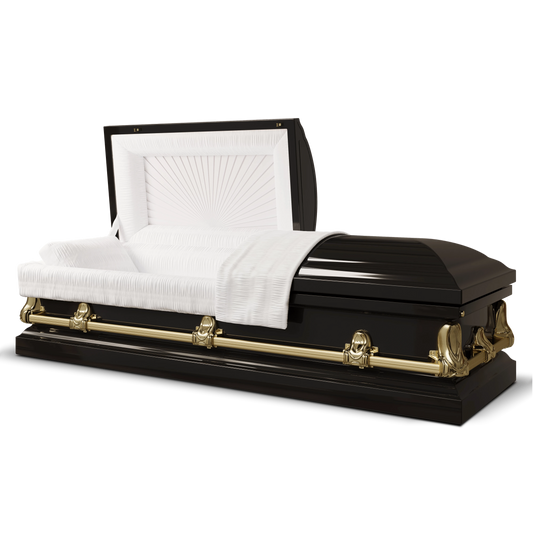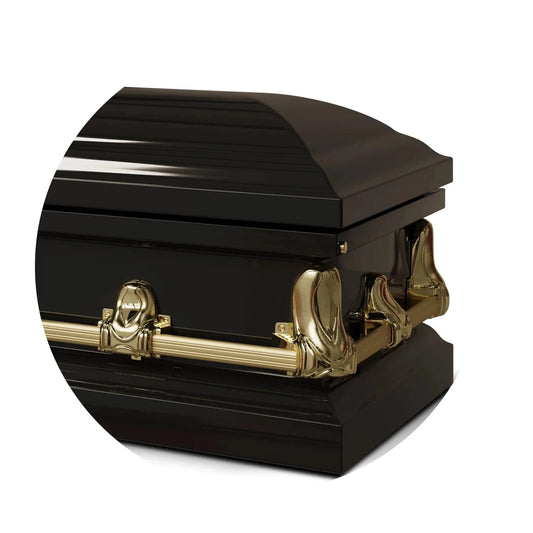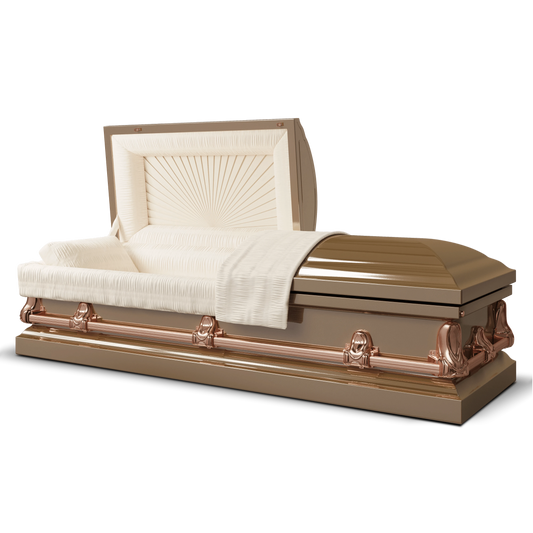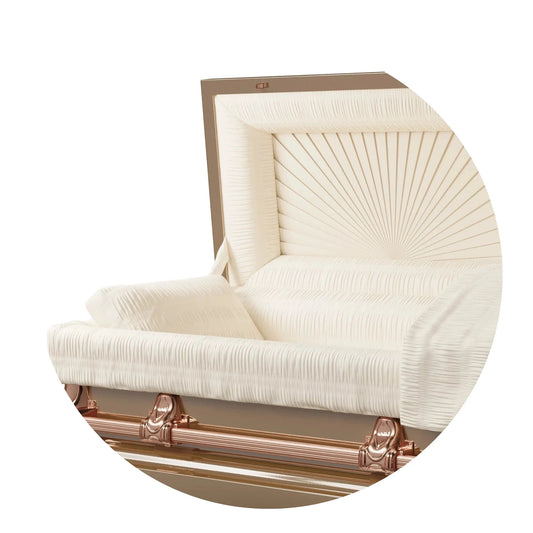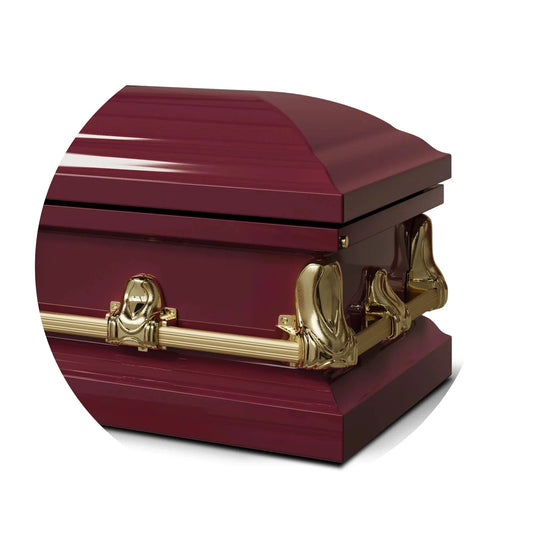U.S Senator Dianne Feinstein Passes Away
U.S. Senator Dianne Feinstein of California, a prominent figure in American politics, has passed away at the age of 90, according to sources close to the matter, as reported. Feinstein, a respected Democrat, held the distinction of being the Senate's oldest member. Her remarkable career in politics spanned over half a century, during which she achieved notable legislative victories in areas such as gun control and environmental policy. The passing of Senator Feinstein creates a vacancy in her influential Senate seat, necessitating California Governor Gavin Newsom to appoint a temporary successor.
Dianne Feinstein's Career
In her later years, Senator Feinstein faced increasingly visible health and memory challenges, which led to a rift with fellow Democrats who urged her to step down. Despite these challenges, she had initially planned to retire at the conclusion of her current term in 2024.
A San Francisco native, Feinstein blazed a trail for women in the world of politics as she ascended the ranks of leadership. After two unsuccessful mayoral bids, she secured the role of President of San Francisco's Board of Supervisors in 1978, becoming the city's first female leader.
Tragically, later that year, she assumed the role of acting mayor after the assassination of Mayor George Moscone and her colleague Harvey Milk, both fellow members of the Board of Supervisors, by Dan White. Feinstein's recollections of that fateful day, including her discovery of Harvey Milk's lifeless body, remained etched in her memory for decades.
Feinstein's ascent in politics continued at the national level when she won a special election to the U.S. Senate in 1992, making history as California's first female senator. Shortly thereafter, Barbara Boxer was sworn into office as the state's second female senator, marking California as the first state in the U.S. to have two women representing it in the Senate.
Their elections in 1992 played a pivotal role in what was termed the "Year of the Woman," as four Democratic women were elected to the Senate, effectively doubling female representation in the chamber.
During her tenure in the Senate, Feinstein accomplished significant legislative milestones. She authored and championed the 1994 assault weapons ban, a landmark piece of legislation in her long-standing commitment to stricter gun control. This legislation successfully passed through Congress and was signed into law by then-President Bill Clinton, albeit with certain compromises, including a 10-year sunset provision. Unfortunately, the ban expired in 2004 during President George W. Bush's administration.
Feinstein also sponsored bills that aimed to preserve vast acres of California's desert, played a crucial role in establishing a nationwide AMBER alert network, advocated for the reauthorization of the Violence Against Women Act, and pushed for the release of a comprehensive report detailing the CIA's interrogation practices, among other accomplishments.
Over her three decades in the Senate, Feinstein generally maintained a reputation as a political moderate within her party. However, as the political landscape in California shifted toward deeper shades of blue, her centrism gradually fell out of favor, and her popularity waned in her final years in office.
The Funeral Of Dianne Feinstein
The funeral date of Dianne Feinstein is not made public yet. Funerals for U.S. Senators, like those for other public figures and individuals, typically involve a mix of traditional and ceremonial elements. The specific details can vary depending on the wishes of the Senator and their family, as well as any cultural or religious traditions they may follow. Here's an overview of how funerals for U.S. Senators are generally conducted:
-
Planning and Coordination: Funeral arrangements are typically made by the family of the deceased Senator in collaboration with funeral directors, government officials, and sometimes the Senate leadership. Senators may have expressed their preferences for their funerals in advance.
-
Lying in State or Honor: In some cases, especially for Senators who have held prominent positions or made significant contributions to the nation, their body may lie in state or lie in honor in the Capitol Rotunda in Washington, D.C. This is a ceremonial honor reserved for distinguished individuals. Members of the public and dignitaries often pay their respects during this time.
-
Funeral Service: A funeral service is held, usually at a place of worship or a significant location chosen by the family. It may be a private or public service, depending on the family's wishes. Religious or spiritual leaders may officiate the service, and it may include eulogies from friends, colleagues, and dignitaries.
-
Military Honors: If the deceased Senator was a veteran of the U.S. armed forces, military honors may be included in the funeral. This can involve a military color guard, the playing of "Taps," and the presentation of the American flag to the family.
-
Procession: A procession from the funeral service to the burial site is common. This may involve a hearse carrying the casket and a procession of vehicles with family, friends, and dignitaries. The route may be planned to allow members of the public to pay their respects.
-
Burial or Interment: The Senator's casket is usually buried in a cemetery chosen by the family. The burial ceremony may be private or attended by the public and can include religious or military rites if applicable.
-
Honorary Pallbearers: Dignitaries, colleagues, and friends of the Senator may serve as honorary pallbearers, assisting with the casket during the funeral service and procession.
-
Memorial Services: In addition to the funeral, memorial services may be held in the Senator's home state or other locations significant to their life and career. These services provide an opportunity for the broader community to pay their respects.
-
Flags and Tributes: The U.S. flag is often flown at half-staff as a sign of mourning when a Senator passes away. Additionally, tributes and condolences are extended by colleagues in Congress, the President, and other political leaders.
Plan Your Farewell with Grace – Our Pre-Planned Caskets Offer Peace of Mind
The Casket of Dianne Feinstein
The casket details of Dianne Feinstein are not out yet. The casket of a U.S. Senator is typically of high quality and craftsmanship, often customized to reflect the Senator's preferences and draped with the American flag to symbolize their service to the nation. The design may vary but is always dignified and respectful.

![Upgrade to Premium Weight [18-gauge steel]](http://titancasket.com/cdn/shop/products/casketthicknesswithnumbers.png?v=1680642906&width=533)


